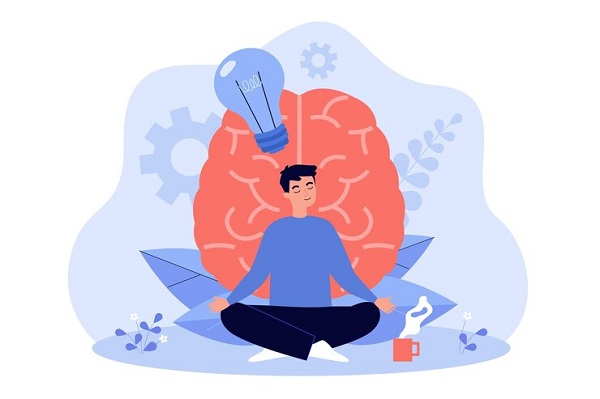The whole fulcrum of psychologist Dr Daniel Goleman’s articulation for emotional intelligence [EI] is based on a perceptively original synthesis of research, including new insights into the brain architecture that propels our emotions and rationality. His ground-breaking foray has a practical pedestal: how emotional intelligence can be nurtured and also strengthened.
His landmark theory is a rainbow synthesis. It shows that intelligence quotient [IQ] and emotional intelligence are not opposing competencies, but rather separate entities. It highlights no less one significant fact: emotional intelligence matters more than IQ. This is why people with high IQ often flounder, while individuals with modest IQ do surprisingly well in life — by being smart in a different way and also emotionally intelligent.
In fact, emotional intelligence is a whole new way of being smart. It’s unlike what was expounded in Charles Murray and Richard Herrnstein’s controversial work, The Bell Curve, for instance — a study grounded in the idea that IQ is destiny and low intelligence is the ‘root cause’ of many of our social ills.
Interestingly, our ancient philosophers had got everything right — just as well — when they said, “If you want memory of good things to be strong, try to forget the evil.” Their watchword was, “Think usefully, not via onslaughts of craze, tumult of activity, or countless thoughts.” As philosopher Marsilio Ficino said, “Take care to learn the reason behind what has to be learnt. For, reason is the indissoluble bond between truth and memory.” The idea underscores a Platonian epithet too, “What has once been well understood can never be entirely forgotten.” The principle is quite different, however, in terms of modern psychology, which looks at the ‘cut-out’ differently. More so, because, psychology is a discipline modelled on the positivism of science, where the psyche has itself been made into an object of study like any other.
Yet, regardless of all our technological advances, intelligence has still not been fully explained. All we know today is that it is the outcome of a variety of aspects of an individual’s brain organisation, a combination of behavioural, neurophysiological and evolutionary processes that operate in mere seconds. As Dr Bill Calvin, PhD, a theoretical neurophysiologist, suggests, “The big issue for understanding intelligence isn’t who has more but what intelligence is, when it’s needed, and how it operates.’ He adds, “Some of what intelligence encompasses are cleverness, foresight, speed, creativity, and how many things you can juggle at once.”
Intelligence, according to a new theory, is the patchwork of ‘know-how’ and ‘know-what’ areas in the brain. But, this isn’t all. It doesn’t, for instance, unmistakably visualise the formulation of extending consciousness, like plant life. As Dr Juan Huarte, MD, a Spanish physician, put it succinctly, “Intelligence is the ability to learn, exercise judgment, and be imaginative” — a case of neural Darwinism, lyrical and evolving.
Dr Jean Piaget, PhD, another great mind, emphasised that intelligence is what you use when you know what to do. His perception was based on insight. Insight is, after all, intelligent behaviour. His observation, therefore, captures the essence of what may be called intelligent improvising — the coping and grouping ability which is so fundamental when there are no right answers, like musical improvisations of a composition during a concert, or recital.
Elevating the bar, in anything we do, requires ingenuity, just as much as the delicate late cut in cricket. There’s, of course, no need for a total advance plan — just a purpose and cyclic piecewise amplification is good enough.
Dr RAJGOPAL NIDAMBOOR, PhD, is a wellness physician-writer-editor, independent researcher, critic, columnist, author and publisher. His published work includes hundreds of newspaper, magazine, web articles, essays, meditations, columns, and critiques on a host of subjects, eight books on natural health, two coffee table tomes and an encyclopaedic treatise on Indian philosophy. He is Chief Wellness Officer, Docco360 — a mobile health application/platform connecting patients with Ayurveda, homeopathic and Unani physicians, and nutrition therapists, among others, from the comfort of their home — and, Editor-in-Chief, ThinkWellness360.

